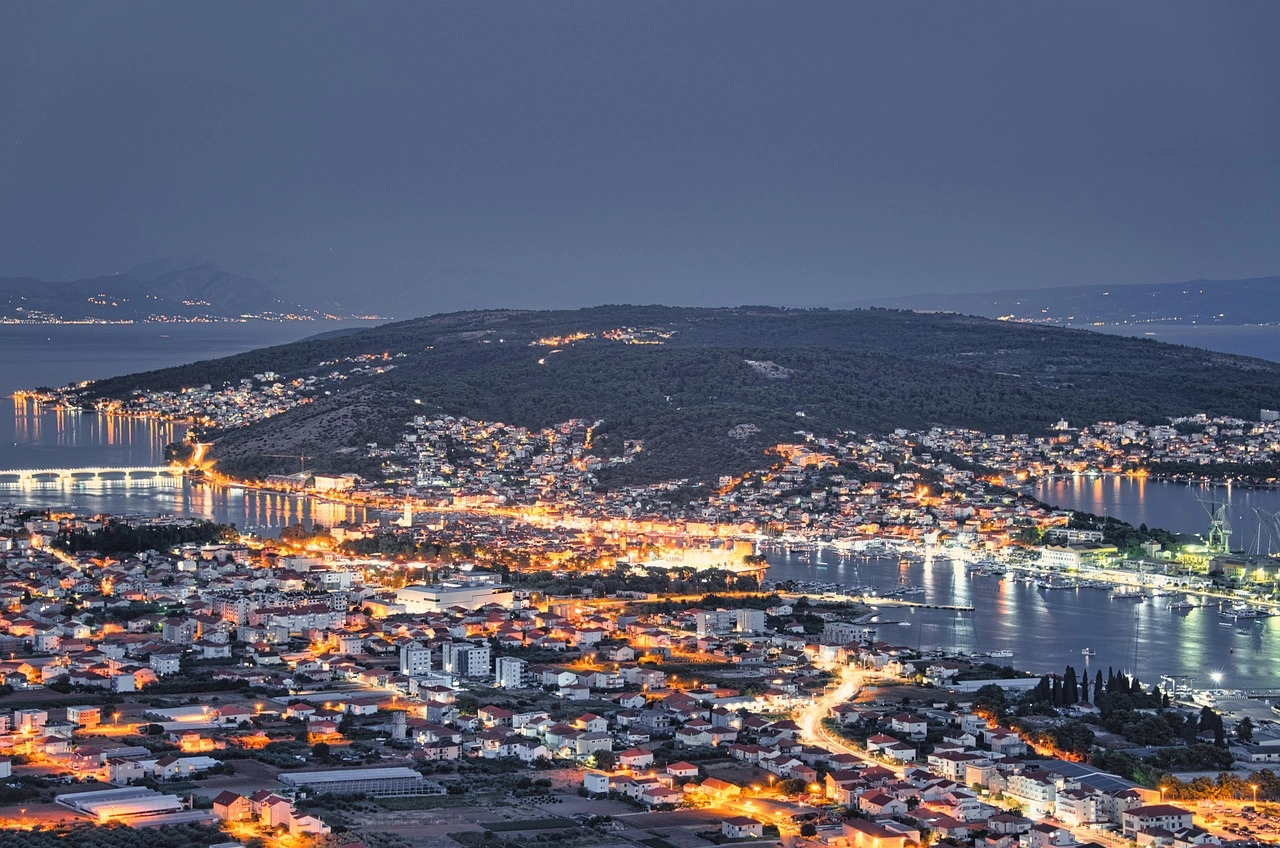Investment opportunities in Croatia (part 2)
Croatia is a great place for investors looking to expand their business in Central, Eastern and Southeastern Europe. With a population of less than 4 million, Croatia’s market potential is relatively small on a global scale, but Croatian consumers and companies have proven their ability to quickly adopt new technologies. That’s why Croatia could be an ideal pilot market for your business.

2025/4/8
81







